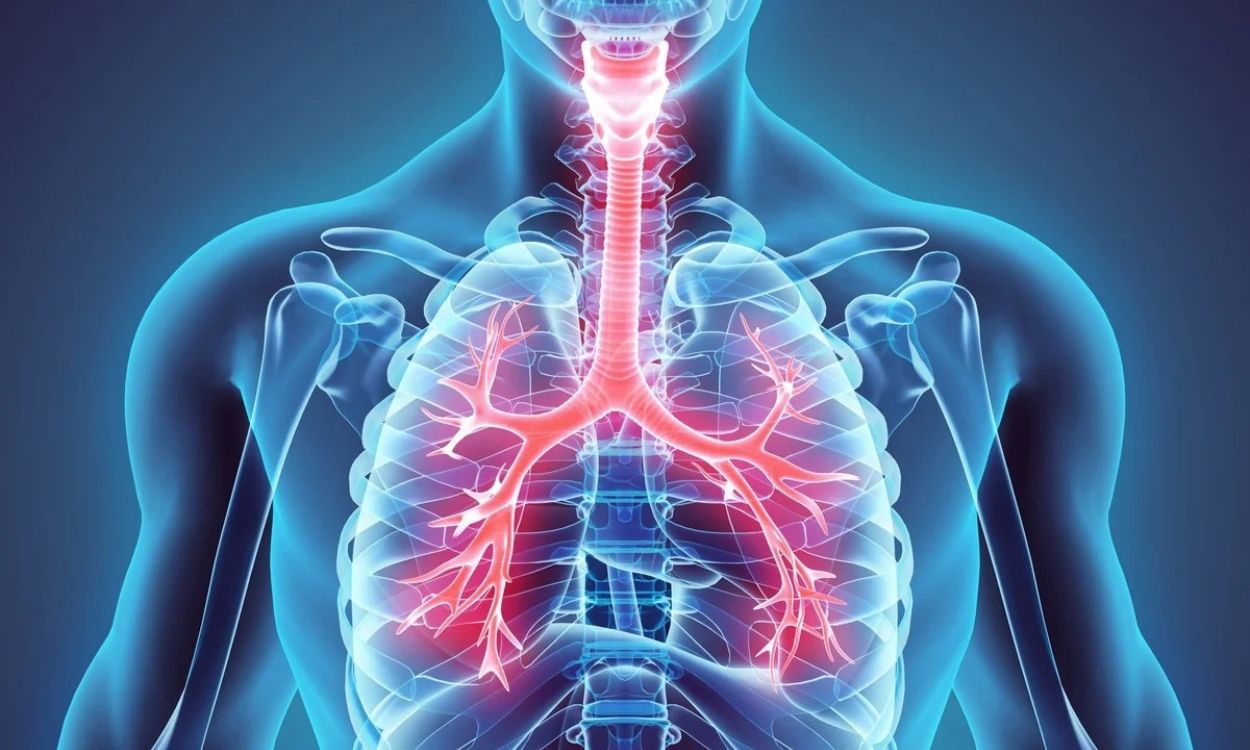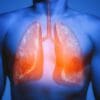Breathing Concerns: How Air Pollution Heightens Lung Infection Risks for Those with Weakened Immunity
Introduction
In today’s fast-paced world, air pollution has become an omnipresent threat, especially in densely populated regions like India. As cities expand and industrial activities intensify, the air quality continues to decline, raising health concerns for everyone, particularly for those with weakened immune systems. This article explores how air pollution contributes to lung infections among immunocompromised individuals and offers insights into managing health risks effectively.
Understanding Air Pollution and Its Components
Air pollution consists of a mix of particles and gases that can infiltrate the respiratory system, causing various health problems. The primary pollutants include particulate matter (PM2.5 and PM10), nitrogen dioxide (NO2), sulfur dioxide (SO2), carbon monoxide (CO), and volatile organic compounds (VOCs). In India, the rapid urbanization and reliance on fossil fuels have led to higher concentrations of these pollutants, negatively impacting air quality.
Impact of Air Pollution on Lung Health
1. Particulate Matter (PM): Fine particles less than 2.5 micrometers in diameter can penetrate deep into the lungs and even enter the bloodstream. For individuals with compromised immune systems, this can trigger inflammation and exacerbate existing conditions, making them more susceptible to infections such as pneumonia and bronchitis.
2. Oxidative Stress: Pollutants like NO2 and PM can induce oxidative stress, damaging lung tissue and impairing immune response. This can hinder the body’s ability to fight off pathogens, increasing the risk of lung infections.
3. Compromised Defense Mechanisms: Airborne pollutants can weaken the mucociliary escalator, a critical defense mechanism in the respiratory system that helps clear pathogens and debris. This impairment makes it easier for infections to take hold, particularly in those with weakened immunity.
Why Immunocompromised Individuals Are at Greater Risk
Individuals with weakened immune systems, such as those undergoing chemotherapy, living with HIV/AIDS, or on immunosuppressive drugs, have fewer defenses against infections. When exposed to polluted air, their bodies struggle to mount effective immune responses, making them prime targets for respiratory infections.
Managing Health Risks in Polluted Environments
1. Air Quality Monitoring: Regularly check air quality indexes (AQI) and limit outdoor activities during high pollution days. Use air purifiers indoors to maintain cleaner air.
2. Protective Measures: Wearing masks designed to filter out fine particles (like N95 respirators) can significantly reduce inhalation of harmful pollutants.
3. Strengthening Immunity: Leading a healthy lifestyle with a balanced diet rich in antioxidants, regular exercise, and adequate hydration can support immune function.
Fitpaa: Your Partner in Health
At Fitpaa, we understand the importance of maintaining optimal health, especially in challenging environments. Our AI-driven Metabolism Monitoring and Management Technology is designed to help you stay healthy and resilient. With a personalized approach, the Fitpaa app offers tailored fitness and nutrition plans, ensuring you strengthen your immune system and protect against environmental threats.
Conclusion
Air pollution poses a significant threat, particularly for individuals with weakened immune systems. By understanding these risks and taking proactive steps to protect your health, you can significantly reduce the likelihood of developing lung infections. Download the Fitpaa app today and embark on a journey towards enhanced health and well-being, with a promise of supportive guidance every step of the way.











